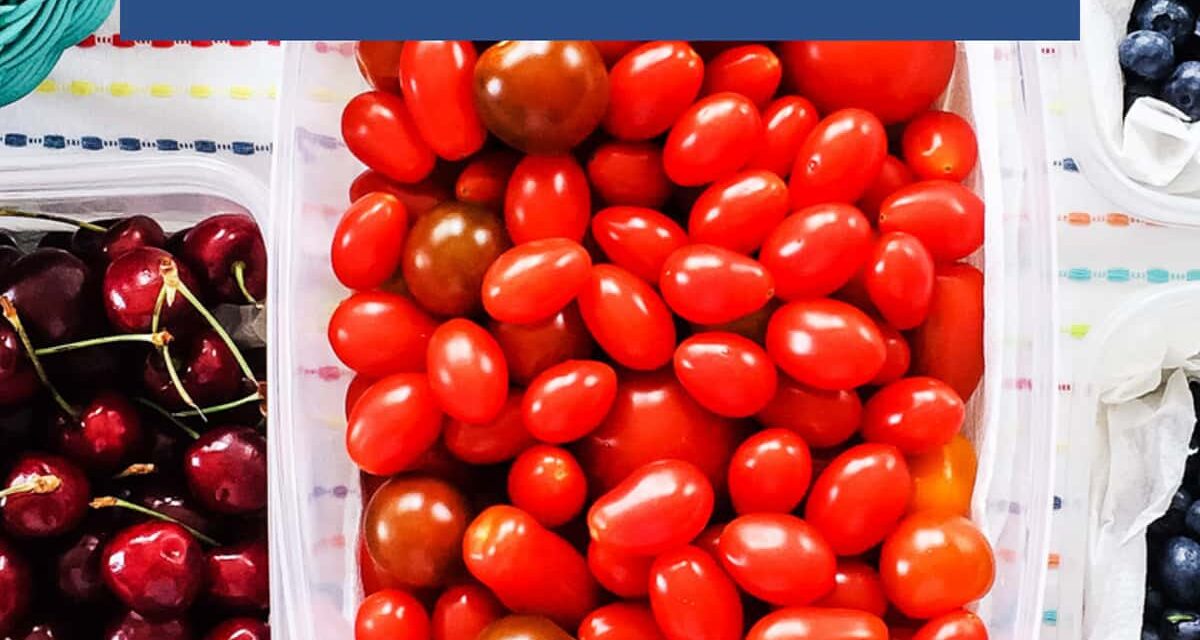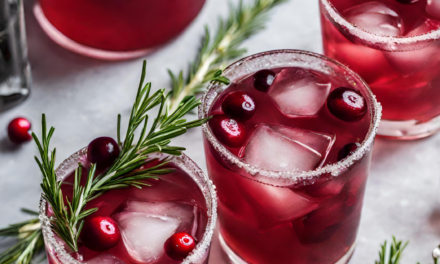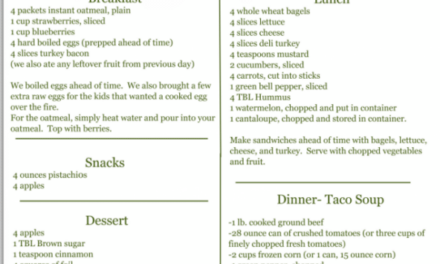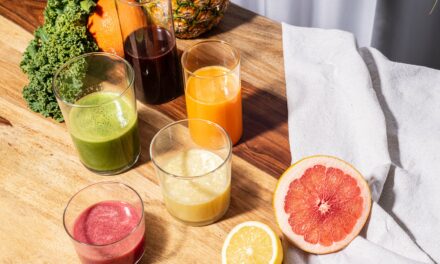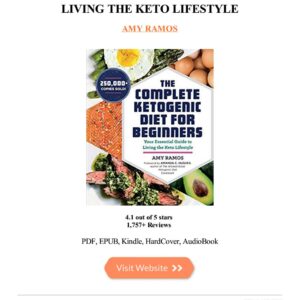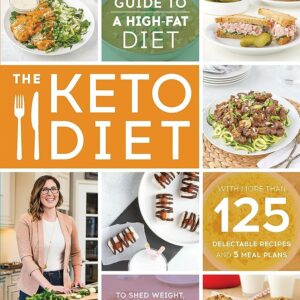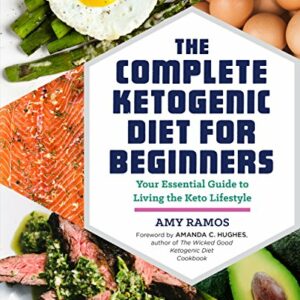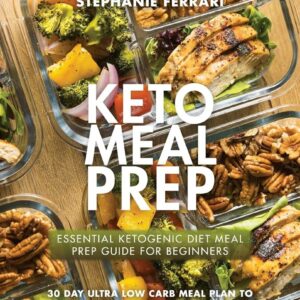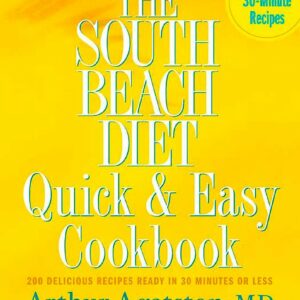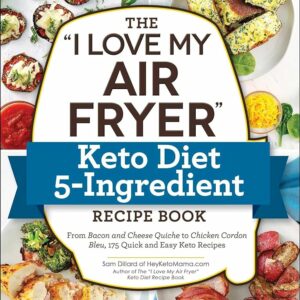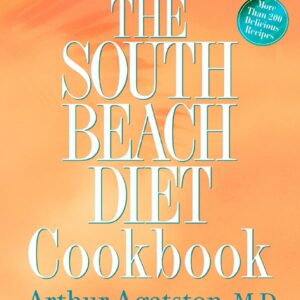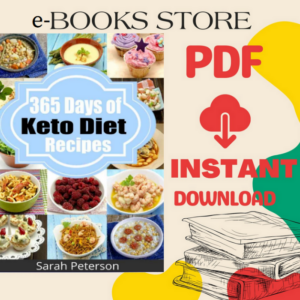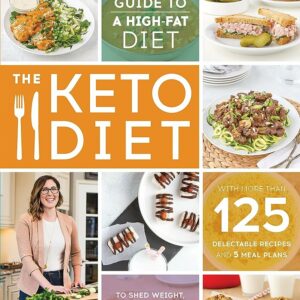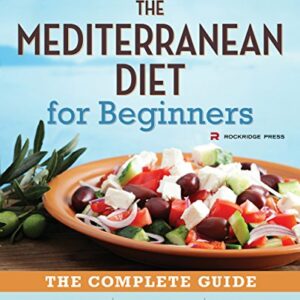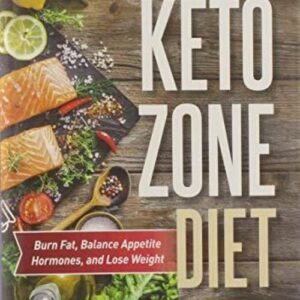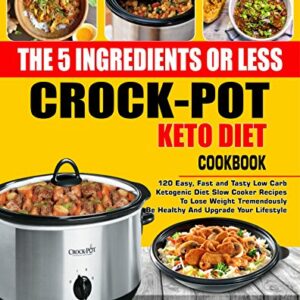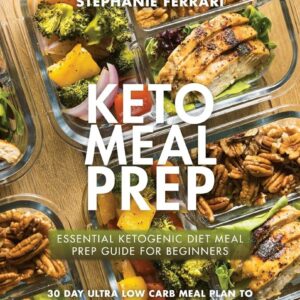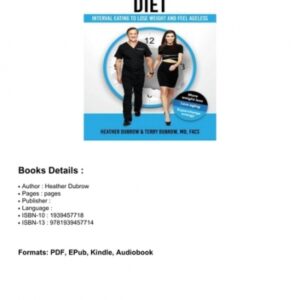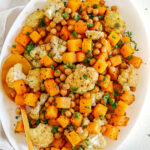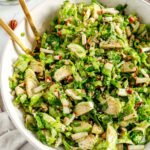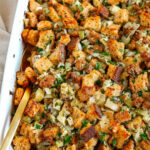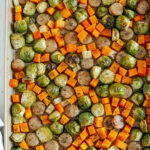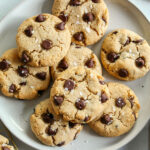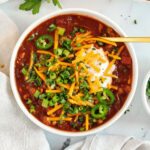Camping is one of our favourite summer activities and our Registered Dietitians created this blog as a Meal Prep Guide for healthy campers to help plan and prepare foods and snacks for your next adventure.
When you think of camping foods, you may think of beans and sardines out of the can or hot dogs on a stick over the fire, but going on a camping trip does not mean you have to eat the typical ‘camping foods’.
This guide is designed to help you stay on track with your health and nutrition goals, while fuelling you for camping activities, like canoeing, hiking and swimming.
The focus is on food prep, higher fibre foods, protein, and staying hydrated. With a little bit of planning, creativity, and time before hitting the road (or packing the canoe), you can create fun, healthy, and easy meals to enjoy over your trip, without throwing you off of your game.
Start Planning Your Camping Foods With These Essential Tips:
- Plan your meals and snacks ahead of time and create a grocery list.
- Keep in mind that if you don’t have refrigeration, perishable items like dairy, fresh or cooked meats, and raw fruits and veggies, should be used in the first few days.
- Try to make multiple meals out of a few items (For example, you can make a chickpea salad with baked chicken for dinner, then use the leftover chickpeas and add into a pre-packed salad for a light and satisfying lunch the following day).
- Planning and food prep is the key to success! Determine what foods, meals, or snacks can be prepared and packed ahead of time.
- Determine what cookware and utensils are needed to prepare your meals.
Meal Prep For Camping With 3-4 Food Groups
When planning your meals and snacks, think about breaking them down into three food groups and combining at least 3-4 groups at each meal. This ensures that your meals will be balanced and keep you satisfied throughout the weekend.
1) Grains & Starches
- When packing grains, think about easy-to-cook options such as whole grain pasta, potatoes, and oats.
- Pack grains in individual-size bags for easy use and don’t be afraid to mix it up! See examples for breakfast options below.
2) Meat & Alternatives AND Milk & Alternatives
- Including protein in meals and snacks will keep you feeling full throughout the day and helps to balance out blood sugars.
- Easy travel-approved protein sources can include beans, lentils, chickpeas, edamame, fish, chicken, and tofu.
- Pick up fresh fish on your way out, or catch your own and create a pan-fried fish dinner.
- If the sun is out, you will be getting lots of vitamin D.
- It is also important to pack calcium-rich foods such as cheese, yogurts, dairy and non-dairy milk alternatives. These foods can easily be mixed into overnight oats or enjoyed as a fruit parfait for an easy breakfast.
- Shelf-stable items, like cartons of soy and almond milk, are great for camping
3& 4) Vegetables & Fruits
- Make sure to include lots of vegetables and fruits in your food prep because they make for easy on-the-go snacks that contain a lot of fibre and nutrients.
- If choosing dried fruits or vegetables, look for ones without sugar, salt or preservatives added.
- When it comes to vegetables, focus on packing a variety of colours to get a wide range of vitamins.
- Choose fruits with harder skins to minimize bruising when travelling (For example, apples and pears keep better than bananas) or keep pre-washed fruit in lightweight containers (for example: berries or grapes).
- Pre-cut lemons and limes to add into your water to increase flavour and help with hydration.
What Are The Best Cooking Methods While Camping?
- If you have a grilling basket or tray, lay it over the fire to easily grill veggies or potatoes. Try making a Tex-Mex foil bake over the fire by combining beans, tomatoes, corn, chicken, cheese, green onion and spices into aluminium foil packs.
- Portable stoves are great for boiling water for grains such as pasta and oatmeal, and you can use a frying pan and make scrambled eggs or a skillet meal.
- Pack coolers with ice packs or ice to ensure that your food stays cold. Tip: freeze 500ml water bottles to use as ice packs and once they melt, they can be used to drink.
- To help reduce the need for elaborate cooking, make sure to do your food prep!
Top 7 Camping Food Prep Practices!
- Prep chicken, tofu, or other proteins ahead of time by marinating (if desired) and chopping them into small chunks for fast cooking.
- Pre-rinse and drain beans/lentils/chickpeas and pack in zip lock bags or lightweight containers.
- Pre-wash and chop all of your vegetables.
- Use plain, pre-packaged and washed salads in a pinch and add your own dressings.
- Make some meals or snacks ahead of time (For example, overnight oats, mason jar pancakes, hard-boiled eggs with shells on, tomato and watermelon feta salad).
- Pack frozen berries to use as an ice pack in your cooler and then they can be used later on top of oatmeal for breakfast in the morning.
- Looking for some sweet options for dessert? Pre-prep a raw chocolate pudding or peanut butter energy bites to enjoy around the fire.
Healthy Camping Recipes for Inspiration:
- Morning Oats: Get creative! Make individual packets with your favourite items and cook up with water or almond milk for an easy, fuelling breakfast.
- Apple Cinnamon: 1/3 cup oats, 2 tbsp dried apples, 2 tbsp chopped walnuts, 2 tbsp hemp seeds, 1 tsp cinnamon.
- Choco-coconut: 1/3 cup oats, 2 tbsp dried coconut, 2 tbsp coco nibs, 2 tbsp chia seeds, 1 tsp brown sugar, and 1 tbsp cocoa powder.
- Berry blast: 1/3 cup oats, 2 tbsp each dried blueberries, cranberries and strawberries, 2 tbsp sliced almonds, and 2 tbsp hemp hearts.
- Tomato & Watermelon Salad: https://www.bbcgoodfood.com/recipes/1411656/tomato-watermelon-and-feta-salad-with-mint-dressin
- Tex-Mex Foil Bake: https://www.thekitchenmagpie.com/campfire-tex-mex-white-bean-chicken-foil-packets/
- Raw Chocolate Pudding: https://simple-veganista.com/2013/04/raw-chocolate-pudding-3-ways.html
- Energy Bites: https://www.gimmesomeoven.com/no-bake-energy-bites/
Are You Going Camping For 3 Nights?
If you are planning a 3-night camping trip, we have a complete camping meal plan for you! Use it as is or as a starting point to make your own. Recipes and shopping lists are included. Read the camping meal plan blog now!

